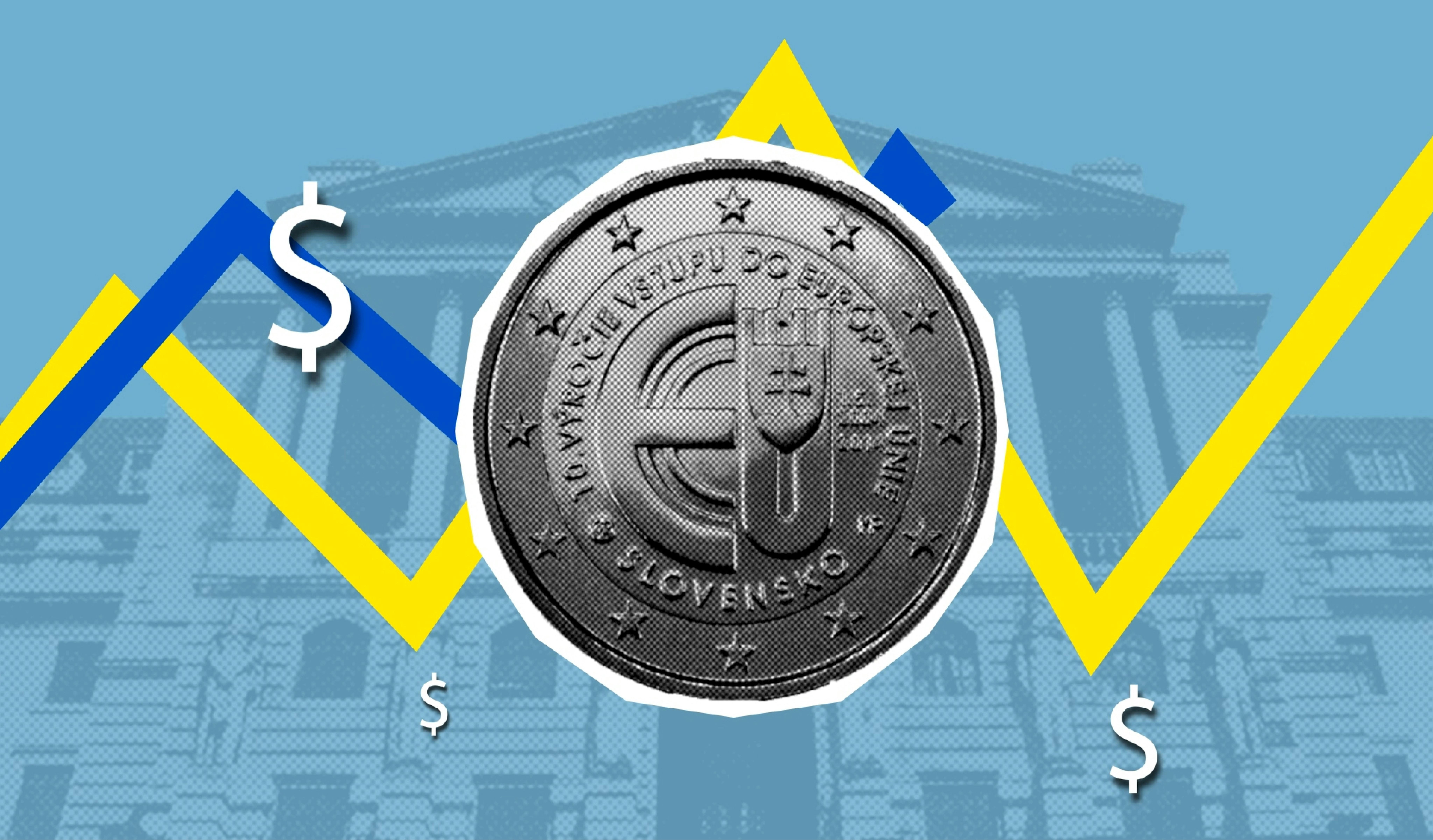Table of contents
Introduction to Ethical Consumption

Ethical consumption, also known as responsible consumption, is a practice that takes into account the social and environmental impacts of the products and services we purchase. In the current context of climate crisis and increasing social disparities, this approach to consumption takes on crucial importance. Indeed, our choices as consumers have the power to influence business practices and promote more sustainable and equitable development.
The potential impact of ethical consumption is vast. It extends well beyond the environment to also touch the economy and society as a whole. By choosing products from fair trade, for example, we support decent working conditions for producers in developing countries. Similarly, by opting for local products, we contribute to supporting the local economy and reducing our carbon footprint.
Understanding the supply chain

The supply chain is a key concept in global trade. It refers to the series of steps a product goes through from its production to its distribution to the end consumer. This includes the production of raw materials, their transformation into finished products, their transport, and their sale.
Traditional supply chains often face various challenges. Among these, we can mention inventory management, coordination of different actors, optimization of costs and deadlines, as well as compliance with environmental and social standards. These challenges are all the more complex as supply chains are generally global, involving many actors in different countries.
The influence of ethical consumption on the supply chain

Ethical consumption has the potential to positively influence supply chains. Indeed, by favoring environmentally friendly and socially responsible products, we encourage businesses to adopt more sustainable and equitable practices.
To illustrate this point, let’s take the analogy of the stream that becomes a river. Each ethical purchase is like a small drop of water that adds to the stream. Over time, these drops accumulate and the stream transforms into a powerful river that can shape the landscape - in our case, the commercial landscape.
The tangible benefits of moving towards a more ethical supply chain

Adopting a more ethical supply chain presents numerous concrete benefits for businesses, consumers, and the environment. For businesses, it can improve their reputation and strengthen their relationship with their customers. For consumers, it means having access to higher quality products, which respect their values and allow them to contribute to a better world. For the environment, it translates into a reduction of the impact of human activities.
Let’s take a few examples to illustrate these benefits. A company that sources fair trade cocoa can highlight this commitment in its communication and thus attract ethically-minded consumers. On their part, these consumers can savor their chocolate knowing that they are supporting decent working conditions for cocoa producers. Finally, by avoiding deforestation linked to unsustainable cocoa production, this approach contributes to preserving tropical forests and the biodiversity they shelter.
Towards more ethical consumption: a call to action

In conclusion, let us remember that each of us has the power to influence the world through our consumption choices. By favoring ethical products, we can encourage companies to improve their supply chains and thus contribute to a more sustainable and equitable development.
This does not mean that we have to change all our habits overnight. Every little step counts. Whether it’s choosing fair trade coffee, favoring local products, or reducing our plastic consumption, every action matters.
Finally, let’s keep hope and stay optimistic. Yes, the challenges are immense. But every day, more and more people are becoming aware of the importance of consuming ethically. Together, we can make a difference.
Share: